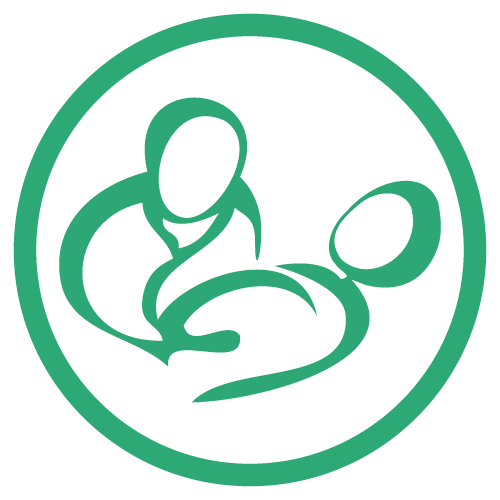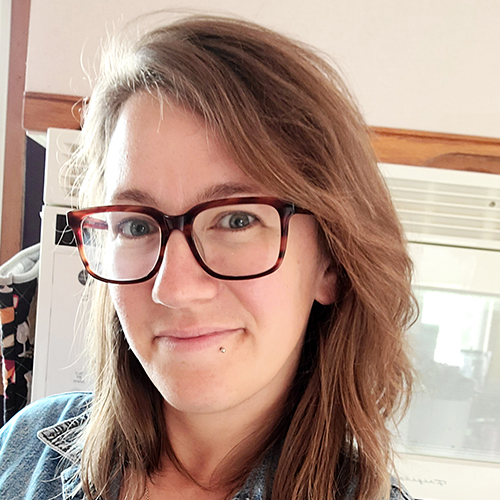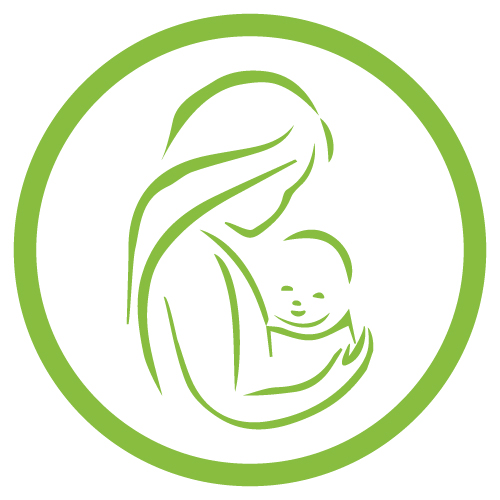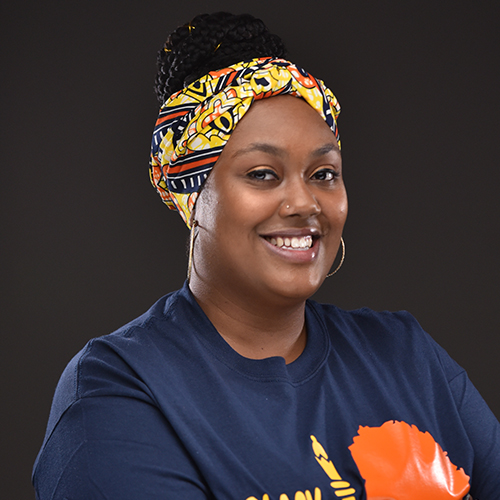 Diversity, Equity & Inclusion Online Course(s) & Continuing Education
Diversity, Equity & Inclusion Online Course(s) & Continuing Education
Access the latest clinical skills and research for Diversity, Equity & Inclusion for PREGNANCY, LABOUR & CHILDBIRTH professional training. These Diversity, Equity & Inclusion online courses provide practice-changing skills and valuable perspectives from leading global experts. This Diversity, Equity & Inclusion education has been accredited for a variety of CEUs / CERPs and can be accessed on-demand, at your own pace.
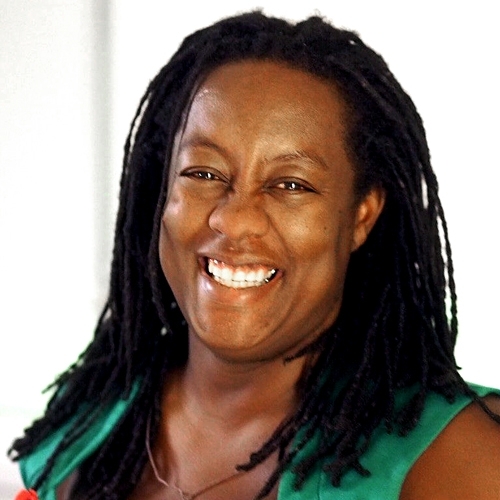

Award winning doula and birth activist Mars Lord has been a birth keeper for well over a decade. After attending the Paramana Doula course with Michel Odent and Lilliana Lammers, a spark was lit within her and the passion that she discovered for birth and supporting parents has fired her soul ever since. She has had the privilege of working with hundreds of families. A birth activist, with a desire to see the ‘colouring in of the landscape of birth’ and finding out the reasons for the maternal and neonatal morbidity rates amongst the BAME community, Mars created Abuela Doulas a doula preparation course primarily, but not exclusively, for women of colour. Her desire for reproductive justice led to the creation of the ‘Reproductive Justice Retreat’. Mars was recently recognised in the Mayor of London's Hidden Credits campaign and continues to speak out for cultural safety and reproductive justice.
Topic: The Importance of Black Birthkeepers - [View Abstract]
There is an urgent need for all health care providers to be well versed in cultural humility and cultural safety during pregnancy and birth. This presentation will explore these concepts in the context of providing labour support, and provide a detailed look at what cultural humility is, why we should practice it and the consequences when we don’t, along with practical information about how to practice cultural humility and the beautiful changes that happen when we approach labour support with an open mind and heart and the intention to be aware of our own biases in order to provide culturally safe care.
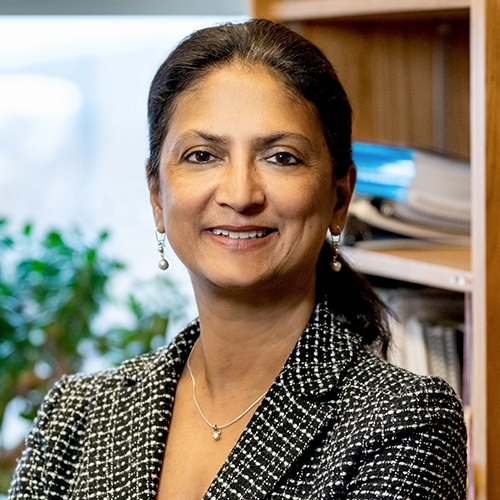
Disparities in Perinatal Care and Outcomes Among Women With Disabilities: An Urgent Call for Inclusion

Dr. Monika Mitra is the Nancy Lurie Marks Associate Professor of Disability Policy, and Director of the Lurie Institute for Disability Policy at Brandeis University’s Heller School for Social Policy and Management. Her research focuses on the health and wellbeing of people with disabilities and their families. She co-leads the Community Living Policy Center which is aimed at improving policies and practices that advance community living outcomes for people with disabilities and the National Research Center for Parents with Disabilities which is focused on addressing knowledge gaps regarding the needs of parents with diverse disabilities and their families. Dr. Mitra is co-editor-in-chief of the Disability and Health Journal. Prior to joining Brandeis, she was Associate Professor in the Department of Family Medicine and Community Health at the University of Massachusetts Medical School.
In the last ten years, an emerging body of evidence has documented the disparities in perinatal care, quality, and outcomes of women with disabilities.
This presentation will provide an in-depth examination of the unmet needs and barriers to perinatal care among women with different disabilities. It will highlight disparities in pregnancy and birth outcomes among women with and without disabilities. It will also outline recommendations to women with disabilities who are considering pregnancy and examine the experiences and needs of health care practitioners in providing obstetric care to women with disabilities.
The findings for this presentation are informed by analyses of nationally representative surveys, population-based administrative data, and from interviews with disabled women and obstetric care clinicians from the United States. We will include findings on the perinatal health of women with physical disabilities, women who are deaf and hard of hearing, and women with intellectual and developmental disabilities.
This presentation will shed light on the unmet needs and barriers to care of women with disabilities during pregnancy and childbirth and emphasize the urgent need for policy and practice recommendations to improve perinatal care of women with disabilities.
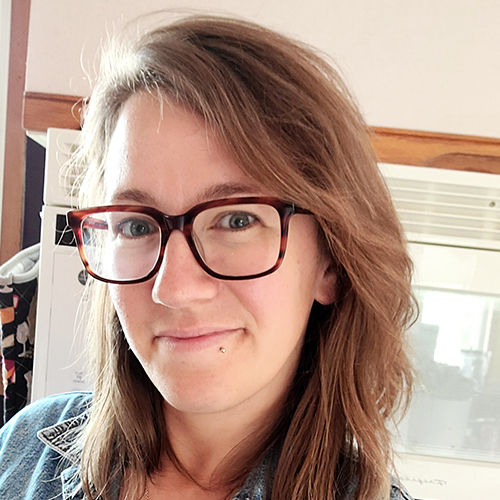
Exploring Bias and Racism in Sexual and Reproductive Health Care in Remote Canada: A Collection of Stories

Heather is a Métis Midwife from Winnipeg, Manitoba. She studied midwifery at Laurentian University, focusing on rural and remote practice. Heather practiced midwifery at the Seventh Generation Midwives Toronto for two years before moving to Hay River, Northwest Territories to establish a Midwife practice and help return birthing services to the community. Heather is now living and working in Yellowknife, Northwest Territories and is president of the Midwives Association of the Northwest Territories and is a Core Leader of the National Aboriginal Council of Midwives.
Systemic racism and bias of individuals in healthcare has a significant impact on the health and well-being of clients/patients, care providers, and communities.
The Canadian midwifery model of care is well-suited to mitigate some of the disparities caused by bias and racism in sexual and reproductive health care. It is also not impossible for well-intentioned midwives to contribute to, and uphold the systems that discriminate.
Drawing from her lived experience as a Métis midwife, Heather will share anecdotes and stories that illustrate the stark differences between communities where there is no access to midwifery care, compared to a community with access. She will explore ways that systemic racism is manifest within sexual and reproductive health care in Canada, and the impacts on patients/clients, healthcare providers, and communities.
Strategies to mitigate these negative impacts must be led by the communities that experience them and supported by others who work and live with these people. A strengths based, community-led approach must be taken. This requires taking a deep look within ourselves and the systems that we work in to understand the breadth of the problem that we face.
Participants will leave the presentation with concrete steps they can take to help combat racism and work towards dismantling systems that contribute to ongoing oppression.

View Details / Enroll
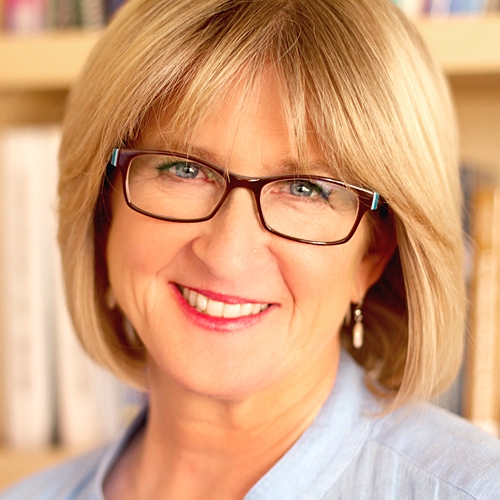
Integrating Normality and Risk in U.S. Maternity Care, Emphasis on “Care”

Christine Morton is a medical sociologist at the California Maternal Quality Care Collaborative (CMQCC) at Stanford University where she conducts research on maternal mortality and morbidity and helps translate the findings into maternal quality toolkits.
As a sociologist, Dr Morton seeks to explore the social meanings of maternal quality among all stakeholders. Her speaking and writing connects her to nursing, obstetric, midwifery, doula, public and social science audiences.
Her book, Birth Ambassadors: Doulas & the Re-emergence of Woman-Supported Childbirth in America, documents the history and experience of the doula role in US maternity care and is on the required reading list for DONA International.
She is a long time Lamaze board member and currently chairs a Lamaze Work Group, which aims to demonstrate the value of childbirth education. She is married to an internet sociologist and they have a son and daughter, ages 22 and 17, who were born safe and healthy thanks to great teamwork.
Maternal mortality and morbidity are rising, the cesarean rate just crept up and infant mortality rates are still too high in the United States. Black women are more likely to experience these outcomes than non-black women. This session will present U.S. trends and outline recent efforts to improve maternal quality of care. The triple aim of healthcare is quality, safety and satisfaction. As maternity leaders work to improve quality and safety, they still need to address the critical dimension of women’s satisfaction with their birth, whether that experience involved a severe complication or not. Standardizing responses in emergent or routine clinical situations is critical but so is the value of individualizing care. This means examining how emotional, experiential and relational aspects of maternity care affect outcomes, both long and short term. In this session, we will address the important, unasked question in maternity care today: What are the costs of not ‘caring’?

View Details / Enroll
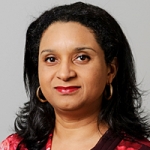

Dr. Monnica T. Williams is a board-certified licensed clinical psychologist and Associate Professor at the University of Connecticut in the Department of Psychological Sciences and Department of Psychiatry. She is also Clinical Director of the Behavioral Wellness Clinic, where she provides supervision and training to clinicians for empirically-supported treatments. Prior to her recent move to Connecticut, Dr. Williams served as the Director of the Center for Mental Health Disparities at the University of Louisville in the Department of Psychological and Brain Sciences. Dr. Williams’ research focuses on African American mental health, culture, and psychopathology, and she has published over 80 scientific articles on these topics. Current projects include the assessment of race-based trauma, unacceptable thoughts in OCD, improving cultural competence in the delivery of mental health care services, and interventions to reduce racism. She also gives diversity trainings nationally for clinical psychology programs, scientific conferences, and community organizations.
Dr. Williams is a member of the American Psychological Association (APA), having served as the diversity delegate from Kentucky for the APA State Leadership Conference for two consecutive years. She is also the African American SIG leader for Association of Behavioral and Cognitive Therapies (ABCT), and she serves on the editorial board of The Behavior Therapist, Cognitive Behaviour Therapy, and the Journal of Obsessive Compulsive and Related Disorders. She is a member of the Scientific Advisory Board of the International OCD Foundation, and also serves as the co-chair of the Diversity Counsel. Her work has been featured in several major media outlets, including NPR and the New York Times.
This presentation will provide an overview of relevant cultural factors for African Americans and other stigmatized minority groups, with an emphasis on understanding race-based trauma and its impact on childbirth experiences. I will discuss various forms of racism that occur in medical settings that contribute to health disparities in people of color, including racial microaggressions. Constructs that cause and perpetuate race-based stress and trauma will be reviewed, including White privilege, stereotypes, and racial discrimination. I will describe the various facets of race-based trauma, including the experience of historical, cultural, community, and individual trauma, and how these may or may not fit into our current psychiatric nomenclature. I will provide examples of patient-provider interactions that are helpful versus harmful in the context of childbirth and women of color’s reproductive issues.
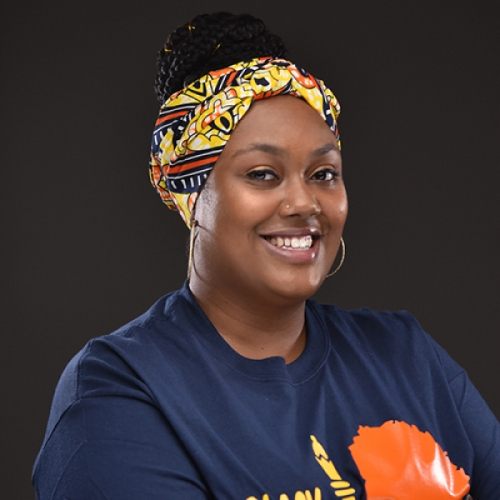
Overcoming Barriers in Black Maternal Health: It Takes a Village

Saleemah McNeil is a Reproductive Psychotherapist, Certified Lactation Consultant, professionally trained Birth Doula and a traumatic birth survivor. Saleemah has dedicated her work to helping families of color heal from traumatic birth experiences and transition into parenthood. Saleemah has held several positions in the field of Maternal & Child Health and Wellness. Mrs. McNeil furthered her knowledge and experience with vulnerable birthing persons and served as a Philadelphia County Jail Based Case Manager at Riverside Correctional Facility. In this role, she assisted birthing women during their most vulnerable times as a Doula. Working in the Department of Corrections, ignited anger and passion which ultimately guided Saleemah to a masters in clinical psychology and counseling . After watching years of unfair treatment and inhumane conditions, reproductive injustice, systemic racism and trauma, Saleemah founded a nonprofit organization, Oshun Family Center. She launched a citywide initiative to reduce Black maternal mortality through the “Maternal Wellness Village” program and became a key figure and content area expert in the region. Mrs. McNeil's work is rooted in a deep appreciation and understanding that surviving the 4th trimester can mean life or death for some women. As a clinician, advocate, researcher and trainer, Mrs. McNeil’s work is grounded in helping families not only survive but thrive by utilizing an anti-racism and trauma sensitive framework. Her passion has driven her to explore new endeavors such as impacting policy change and ultimately shifting the provider - client dynamic in healthcare by addressing the disparities for Black women.
The overarching goal of this presentation is to raise awareness and provide practical approaches to improving Black maternal health through a community-driven, culturally relevant, social-ecological approach to optimize perinatal health. There is a fundamental need for multilevel interventions emerging from the lived- experience and expertise of Black women that provide support from early pregnancy through the end of the first postpartum year - - interventions that utilize a reproductive justice framework to address individual lifestyle behaviors in the context of resilience, family and relationships, along with community-level factors and institutional and societal barriers, including structural racism. Yet, a paucity of evidence-based treatments exist. To remedy this treatment gap, we will discuss a multidisciplinary approach to interacting with birthing folks. Address the impact of structural racism and respectful maternity care as it contributes to adverse outcomes for birthing families.



